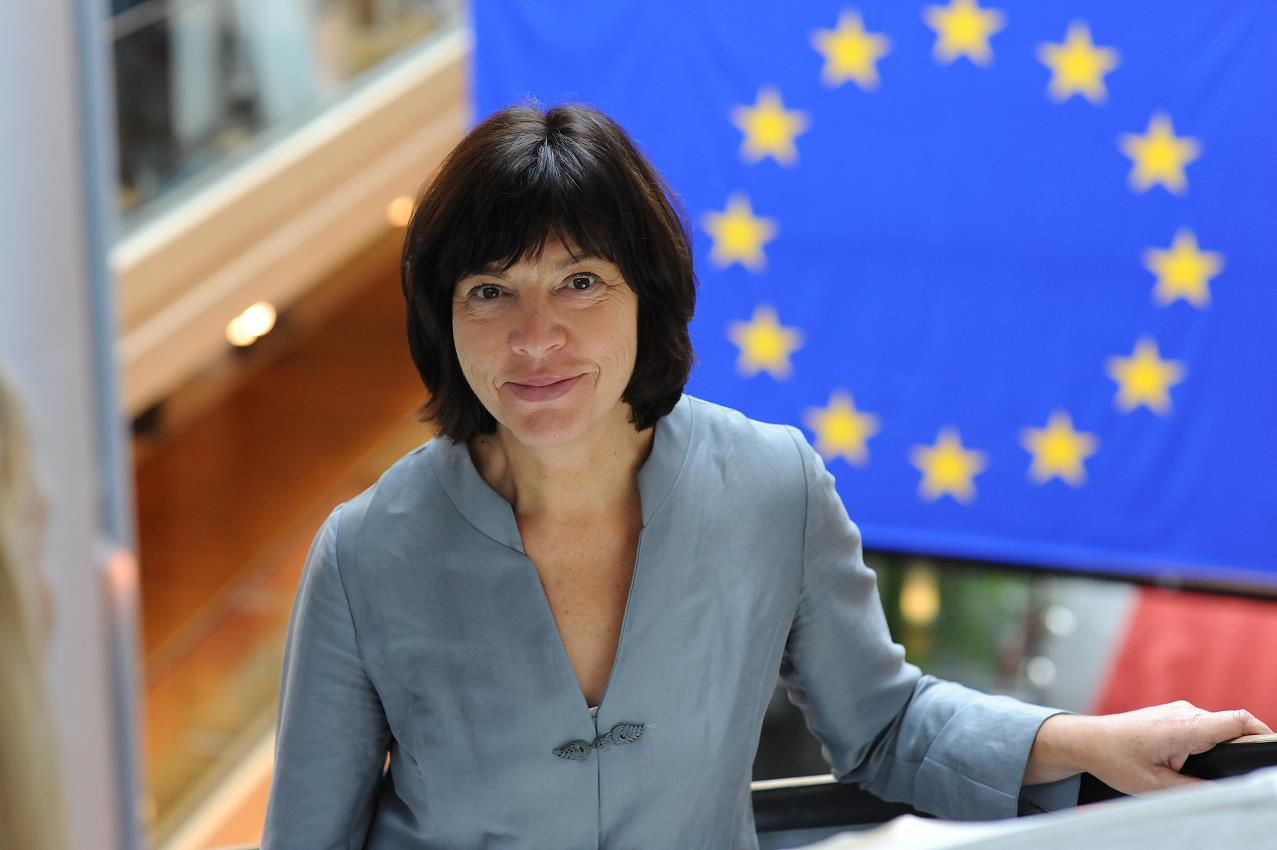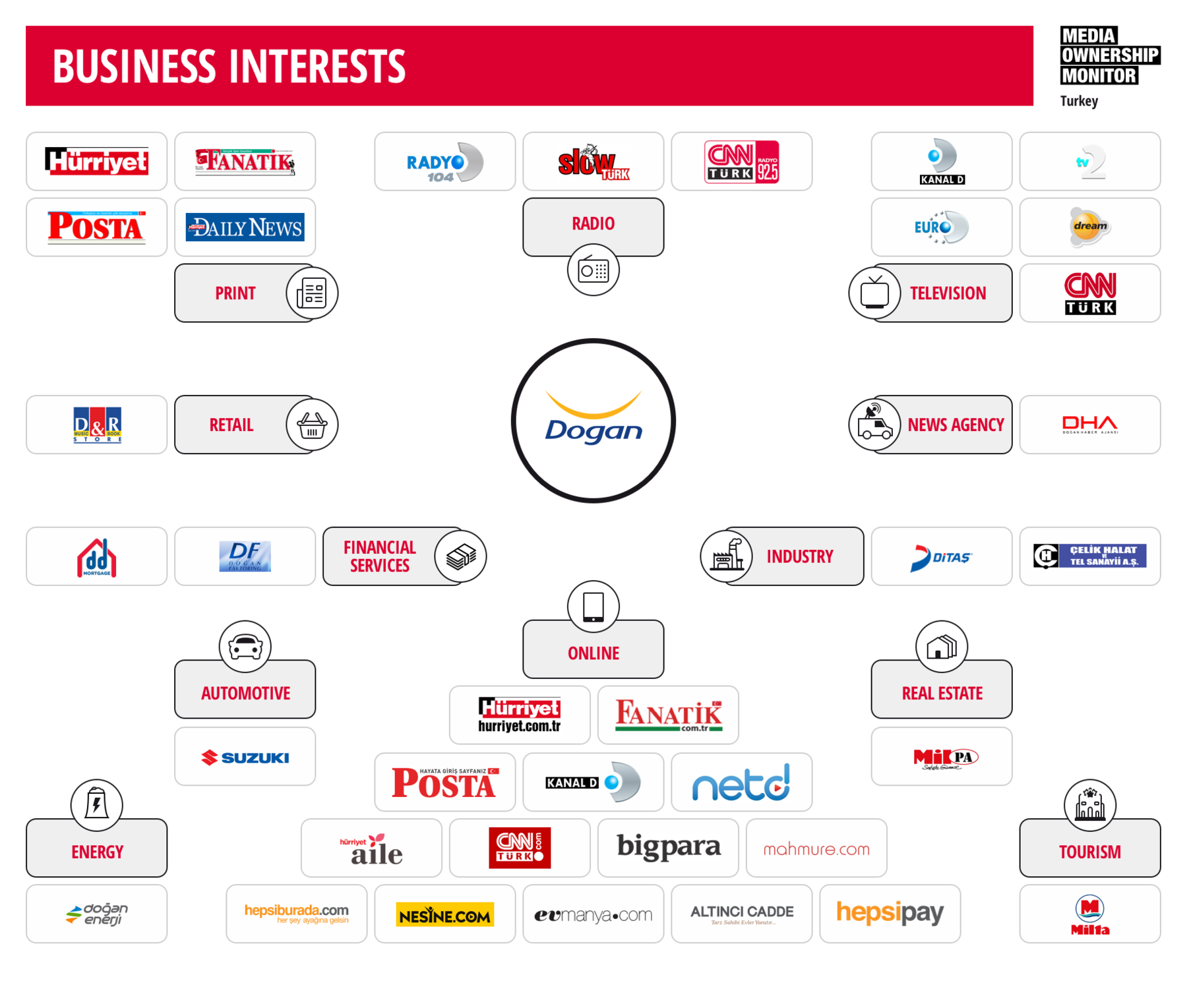[authorbox authorid=”29″ ]
[dropcap size=big]A[/dropcap] major characteristic of Recep Tayyıp Erdoğan, one that he has mastered during his political career, is the ability to adapt to conditions, especially when he can’t adjust conditions to his views. The latter may sound absurd, but in the past 16 years, the Turkish leader has done so a few times, with the most significant cases being the way he handled the Kurdish issue, from the pro-Kurdish reforms and the solution process to the sacrifice of the Kurdish vote in favour of the nationalists, or the turn against his former political ally and AKP supporter, cleric Fethullah Gülen.
Erdoğan simply changed his attitude and turned against them, when he deemed it necessary to serve his own political interests. In the process he accused Gülen of terrorism, treason and being an enemy of the state, while he practically demonised the Kurds for demanding the rights he has promised them in the early years of his government. In both cases, he used this as an excuse to proceed to a wide-range purge from the armed forces, political institutions, media, universities, etc.
Whenever he can’t manipulate a situation, he will compromise and adapt to it, as he has done with his relation to Putin that actually flourished after the Sukhoi Su-24 shoot down in 2015 and the Russian economic sanctions to Turkey; or with Assad’s advance in former strongholds of the opposition in Syria, which Turkey has been sturdily supporting against the Syrian leader.
Another similar challenge for the Turkish president is his alliance to the nationalist MHP, one that has ensured him crucial political victories in the 2017 referendum and in the 2018 presidential and parliamentary elections, the latter through the People’s Alliance.
The upcoming local elections in March 2019 is the next challenge in Turkey’s troubled internal political scenery and the discussion on a joint campaign under the People’s Alliance is already on the way.
President Erdoğan has been targeting the nationalist sentiment after the June 2015 elections, especially since the nationalist vote has been a fundamental element of his electoral dominance. He has incorporated nationalism in his approach to Turkey’s foreign policy and has adopted an anti-Kurdish and anti-American rhetoric regarding the Syrian autonomous area of Rojava in the east of the Euphrates that is controlled by the PYD.
Relations with Washington have been stressed due to a number of reasons, including Ankara’s affiliation to Moscow, the Andrew Brunson case and Iran, as well as, Ankara’s request for Fethullah Gülen’s extradition and the US-YPG alliance. In the process, Erdoğan has conceded to a significant rise of MHP’s influence within AKP’s ideological core but seems to remain in control of a significant segment of the nationalist vote with political manoeuvres like the recent developments in the Exclusive Economic Zone of Cyprus, where Ankara has been raising objections on the right of the government of Nicosia to issue drilling permissions to foreign companies, on the basis that the rights of the Turkish-Cypriots have not been secured.
On the same basis, Ankara has also deployed its own research vessels in the Cypriot EEZ causing further stir in its relations with Nicosia and Athens. All of these are related to Turkey’s national interests as they have been outlined by the AKP government, after Cyprus established its EEZ with agreements with Egypt (2003), Lebanon (2007) and Israel (2010), regarding Cyprus’ hydrocarbon potential riches.
Recent developments include Nicosia’s 2017 partnership with ExxonMobil-Qatar Petroleum consortium, the 16 November 2018 ExxonMobil launch of drilling operations with the escort of US Navy ships and the heated response by the Turkish government which vowed to begin drilling operations of its own in the Cypriot EEZ.
Earlier in the year, just before the June snap elections, the MHP leader, Devlet Bahçeli, was quoted saying “Cyprus is Turkish and will remain so”, while the party’s campaign issued a map that depicted Cyprus as Turkish territory.
Bahçeli’s statement was reiterated by İyi Parti leader, Meral Akşener, in her 21 November address to the parliament, where she also warned of a repeat invasion of Cyprus, while calling the international companies’ exploration for hydrocarbons commissioned by the Nicosia government as imperialist activity against Turkey.
Her statements came after the Turkish government hardened its stance, warning that the drillings off Cyprus would affect regional stability. Adding to the tension, Yeni Şafak newspaper published reports in October 2018 that Greece has been “stealing Libya’s EEZ”, as stated by defence minister Hulusi Akar in a recent visit to Libya.
Overall, there is significant tension brewing in the east of the Mediterranean Sea related to Cyprus’ hydrocarbons that serves as nationalist fuel for the MHP and the AKP that both parties are incorporating in their rhetoric, in the wake of the 2019 local elections.
Earlier disagreements over a Bill of Amnesty submitted by the MHP, the reinstatement of the national oath in schools and Bahçeli’s October statement that the party will not form an alliance in the local elections and will nominate its own candidate for Istanbul, were side-lined after the nationalist leader issued a new statement on 24 November, according to which, the MHP will not nominate metropolitan mayoral candidates in Istanbul, Ankara and İzmir and will support the AKP’s candidates.
A few days earlier, President Erdoğan has called upon the benefits of an alliance, referring to “expectations from the grassroots of both parties”. His statement came just one day before a meeting between the two party leaders to discuss the March elections.
Erdoğan is surfacing on the top of the People’s Alliance, presenting himself as the guarantor of Turkey’s national interests in an acceptable way to the nationalist voters. He is manipulating the delicate conditions in the east of the Mediterranean to his behalf and is gaining the advantage in the nationalist field, ahead of the MHP leader and Akşener.
- Regional dynamics, the failure of the Sochi Agreement and Turkey’s role in the brewing crisis in northwest Syria - 21/05/2019
- Elections in March, Hydrocarbons in Cyprus and Erdoğan’s Nationalist Footsteps - 04/12/2018
- Andrew Brunson’s release and US-Turkish relations: a tale of two stories - 23/10/2018



